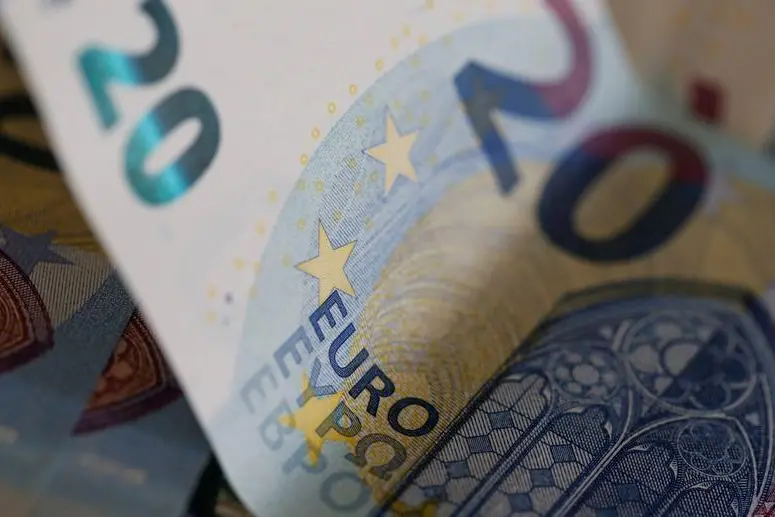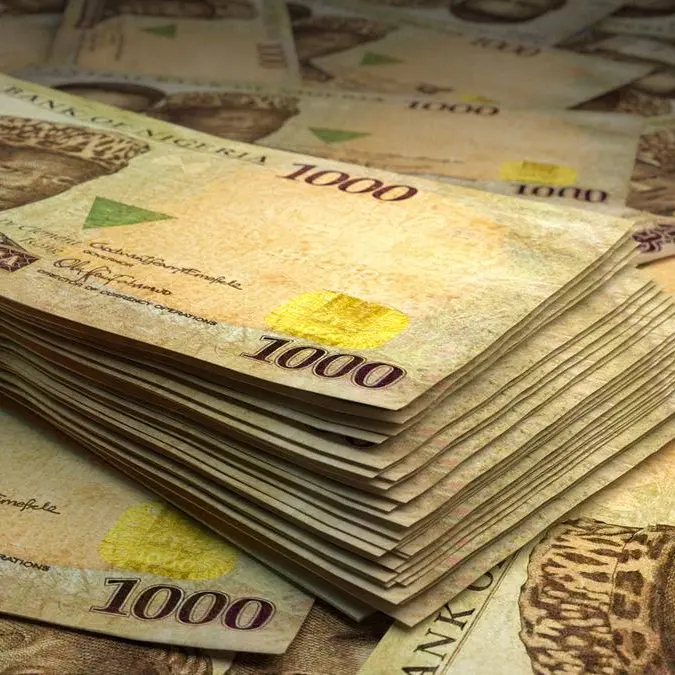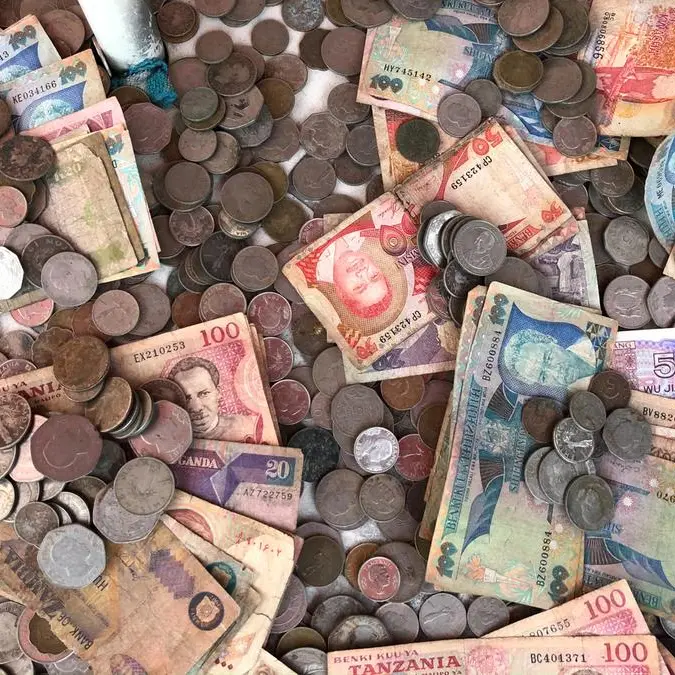PHOTO
Euro zone government bond yields edged lower on Friday while money markets slightly increased their bets on the European Central Bank's monetary easing path.
The ECB cut rates on Thursday for the third time this year, saying inflation in the euro zone was increasingly under control while the outlook for the bloc's economy was worsening.
Analysts argued that comments from ECB President Christine Lagarde on Thursday sounded like an implicit downgrade of ECB economic projections.
Germany's two-year bond yield, which is more sensitive to ECB rate expectations, dropped 5 basis points (bps) to 2.09%, its lowest level since Oct. 4.
Money markets priced an ECB deposit facility rate at just below 2% in June 2025 -- implying a 25 bps rate cut at every meeting until next summer -- from 2.15% on Thursday before the ECB meeting.
They also fully priced a 25 bps rate cut in December and an around 25% chance of a 50 bps move, from 20% on Thursday.
Germany's 10-year bond yield, the benchmark for the euro zone bloc, dropped 2 bps to 2.18%.
U.S. 10-year Treasury yields were flat to 4.10%, after climbing on Thursday as data pointed to an economy on a solid footing, easing market expectations for Federal Reserve aggressiveness in cutting rates.
Later in the session, the Scope rating agency will update its view on France, while Fitch and S&P will review Italy’s ratings after issuing their last comments about six months ago.
"Positive outlook changes to the BBB ratings (on Italy) cannot be excluded," said Christoph Rieger, head of rates and credit research at Commerzbank, adding that the economic outlook is likely unchanged and that the deficit projections have improved significantly since April.
Italy's 10-year yield was 3 bps lower at 3.37%, and the gap between Italian and German yields held steady at 117 bps, its lowest level since March.
"As a negative outlook reflects downside risks to the rating over 12-18 months, a downgrade (of France debt) to AA- seems possible tonight in light of the deterioration in fiscal performance since then," he argued.
Commerzbank confirmed its tactical longs in 10-year OATs versus Bunds as France is already trading in the range of single-A rated peers.
The gap between French and German 10-year yields - a gauge of the risk premium investors demand to hold France's government bonds – tightened to 73 bps, narrower than the levels seen before Prime Minister Michel Barnier presented the budget for 2025, at around 77 bps.
The spread also hit 71.80 its lowest since Sept. 20.
Most analysts expect the far-right National Rally to support the minority government of Prime Minister Michel Barnier, at least in the short term.
(Reporting by Stefano Rebaudo Editing by Jamie Freed and Gareth Jones)




















